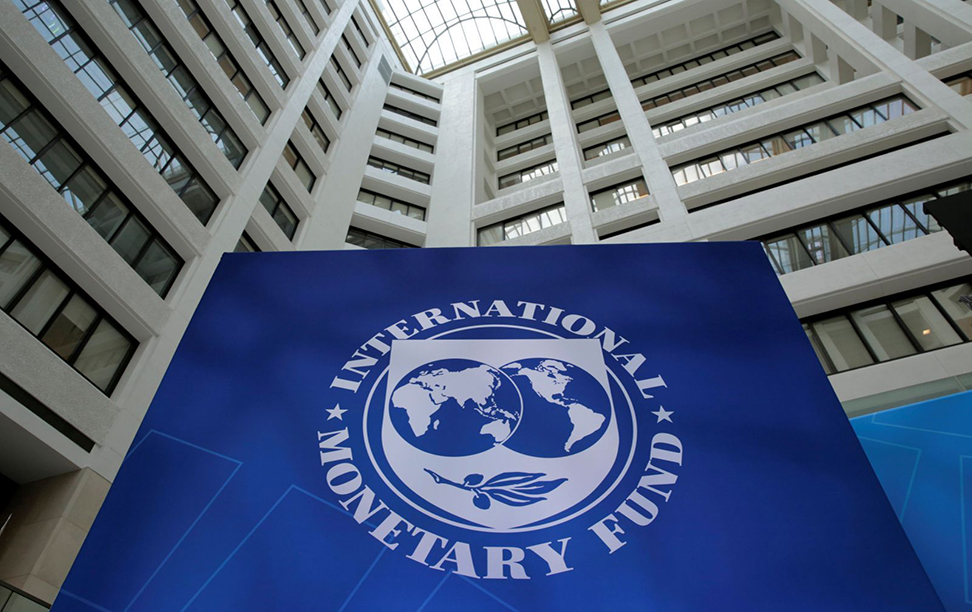April 10, 2019 (MLN): The Government of Pakistan is all set to approve a tax amnesty scheme, to encourage individuals and Corporations suspected of hiding their wealth from the tax authorities, to declare their wealth as it may arise.
The scheme which will be effective from April 15 and holds a deadline of June 30, is targeting Rs. 250 million in revenue collection for FY19. Repatriation of assets is mandatory (unlike last year) and tax rates range from 5% (for foreign liquid assets) to 10% (for Benami assets).
Finance Minister Asad Umar has said that this would be the last chance for tax-evaders to declare their properties and assets and avoid any legal action which would be initiated against defaulters after the scheme is closed.
He also said that the scheme would be successful only when people realize that the day this opportunity ends, they would not find any place to hide their assets.
However, the question is whether the realization of people is enough to make this scheme a successful one? As much as we want to give this scheme a benefit of doubt, a research report by Ismail Iqbal Securities prevents us from doing so.
Unfortunately, Pakistan’s tax amnesty scheme has found itself on the receiving end of a much less flattering coverage, as its track-record suggests persistent failure in increasing either the taxpayer base or meeting its initial targets set.
Tax amnesties work to their full potential only with presence of certain characteristics, which Pakistani led scheme seems to lack for now. One of the most important things for the successful implementation of tax amnesty schemes is use of mix of push-and-pull strategies (pull refers to offering good enough incentives for individuals to declare assets while push refers to criminal prosecution or other strategies in case of non-compliance).
Speaking within the context of Pakistani amnesty scheme, the government has only made use of pull strategies by offering incentives to declare assets without any substantial strategy to follow-up with tax evaders, a senior research analyst at Ismail Iqbal Securities, Madiha Javed told Mettis Link News.
Secondly, these schemes are supposed to be occasional and infrequent, which is again totally opposite in Pakistan’s case. Furthermore, these schemes should have a limited time period to encourage participation; and should be limited to unregistered taxpayers/ non-filers/ tax evaders and exclude delinquent tax-payers.
If this is not the case, honest taxpayers are discouraged from paying their regular taxes. Ultimately, tax amnesty schemes work best when combined with structural tax reforms to ensure new individuals become regular taxpayers.
Copyright Mettis Link News
27352







